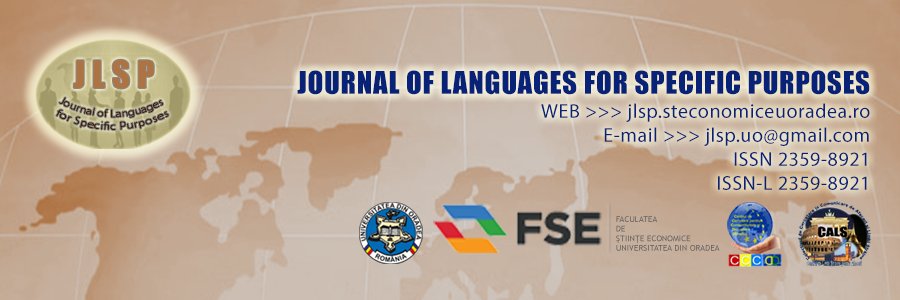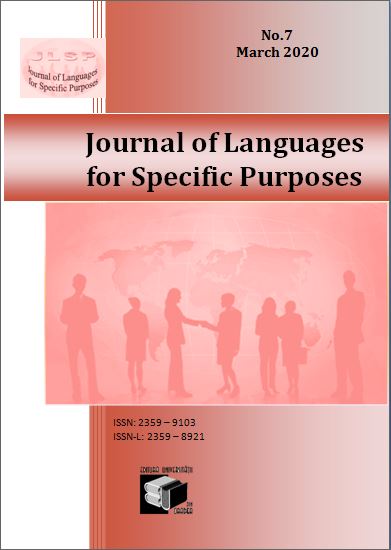Free Trade Agreement Act
A study published in the August 2008 edition of the American Journal of Agricultural Economics found that NAFTA increased U.S. agricultural exports to Mexico and Canada, although most of the increase occurred a decade after its ratification. The study focused on the impact of phase-in periods in regional trade agreements, including NAFTA, on trade flows. Most of the increase in membership agricultural trade, recently entered into the World Trade Organization, is due to very high trade barriers prior to NAFTA or other regional trade agreements. [91] If a person infringes one of the moral rights of a performer with respect to a live or recorded performance, the performer or any person representing the performer may bring an action in relation to the offence, subject to a cessation agreement that is in effect under Section 195ANB, in which the performer is involved. The North American Free Trade Agreement (NAFTA); in Spanish: Tratado de Libre Comercio de América del Norte, TLCAN; In French: North American Free Trade Agreement, ALNA) was an agreement signed by Canada, Mexico and the United States, creating a trilateral trade bloc in North America. The agreement came into force on January 1, 1994 and replaced the 1988 Canada-U.S. Free Trade Agreement. [3] The NAFTA trading bloc was one of the largest trading blocs in the world, after the proceeds of the home. There are significant differences between unions and free trade zones. Both types of trading blocs have internal agreements that the parties enter into to liberalize and facilitate trade between them.
The key difference between unions and free trade zones is their approach to third parties [lack of ambiguity needed]. While a customs union requires all parties to apply and maintain identical external tariffs on trade with non-parties, parties to a free trade area are not subject to such a requirement. Instead, they can set and maintain any customs regime for imports from non-parties, as they see as necessary. [3] In a free trade area without harmonized external tariffs, the parties will adopt a system of preferential rules of origin to eliminate the risk of trade diversion [necessary ambiguities]. [4] As part of the Caribbean Basin Trade Initiative, the U.S. Trade Representative decided that WTO GPA acquisitions should be considered eligible for finished products, building materials and services in the Caribbean Basin.





